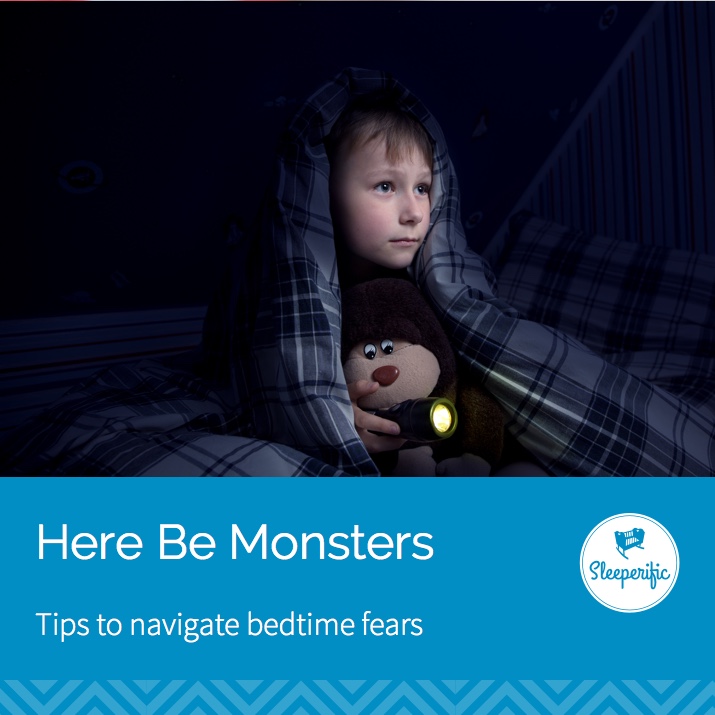
I’m regularly asked about how to contend with children’s fears, especially this time of year when Halloween decorations, creepy costumes and scary stories are making their way into your child’s daily experience.
“I’m afraid of the monsters under my bed” is the most common complaint I hear from families with preschoolers and beyond. Monsters, or other fears, can cause delays at bedtime, but more often lead to night wakings and difficulty falling back asleep.
Well intending parents might use a “monster spray,” “no monsters allowed” signage or even do a magic spell to exterminate the monsters. Think twice about using that approach. When we validate monsters, we acknowledge they exist. Children deserve honesty, especially from their parents. Validate the fear, but not the existence of fictitious creatures.
Avoid teasing or using language like “big boys aren’t afraid” or “only babies get scared.” Feelings are always legitimate, especially feelings of fear. Older toddlers and preschoolers are developing vibrant and vivid imaginations. Acknowledge their fears by using language like “I can see you are scared.”
Additional strategies for contending with monsters under the bed include:
- As part of the bedtime routine, look through closets and under beds together. Make the experience a fun one with a flashlight your child can use.
- If there’s anything like a bed skirt, remove it. At least for now. Having a visual of the space will give them more confidence.
- For a child that is showing fears of not just their bed, but their room, make sure to spend some positive time together in their room, playing. Bring a special toy or activity you can do together. Keep the experience positive.
- Night lights can help, but can build shadows too. Bright night lights can limit melatonin production which can make sleep more restless and minds more anxious. Sometimes a dim light in a hallway outside their rooms, with a door ajar, is a “less scary” bet.
- Tell your child you will check on them when they’re asleep. It’s a reminder that you’re always close and checking on them, even when they don’t think you are.
- Eliminate screen time (including television, tablets and game devices) especially it’s late in the day. 3 year olds are highly imaginative. Even benign programming can have their imaginations running away.
- Cut out any books that might be “scary”. You’re probably not doing a lot of “scary” anyway, but I have lots of families put away “Where the Wild Things Are” and similar books when contending with fears of monsters.
- If they’re having bad dreams that they can articulate (this is often for kids who are more 4+ and have a better understanding of the concept of dreams), talk about the dream and how they can “re-imagine” their dream to have a positive outcome.
- Discuss it matter of factly (away from bedtime) and see if you can get to the source.
One last suggestion: Feelings of nervousness and anxiety are normal feelings for children to encounter. Aim to have your reaction be calm and reassuring. Use of the word ‘scared’ often elicits a strong reaction from parents. Don’t give fears more power by reacting strongly, or encourage regular use of the word “scared” to gain benefits that delay bedtime.
xxoo
Krista
About the author:
 |
Krista is a mother of 3 (+1 dog who believes she’s people), a wife to a wonderful husband, and the owner and founder of Sleeperific. Even though she’s been in the sleep consulting biz for 4 years, she still gets really excited when she’s hired by a sleepy family. |


